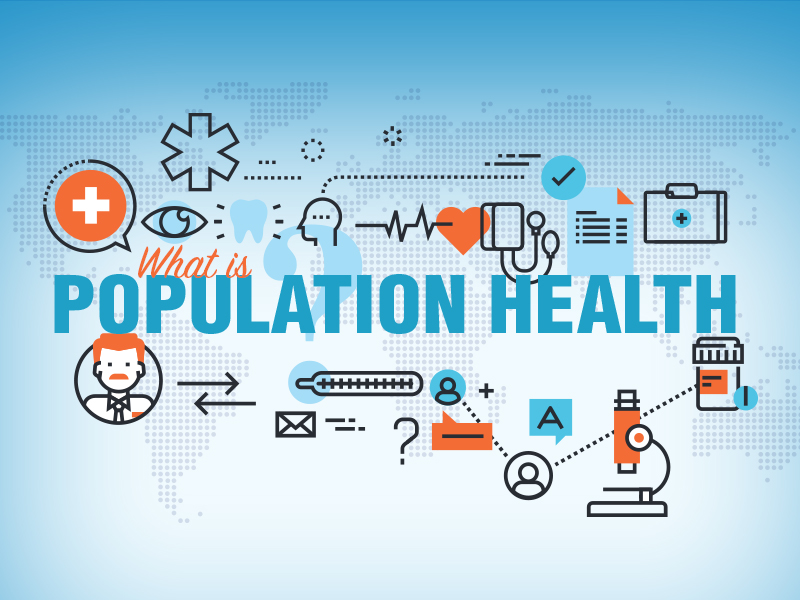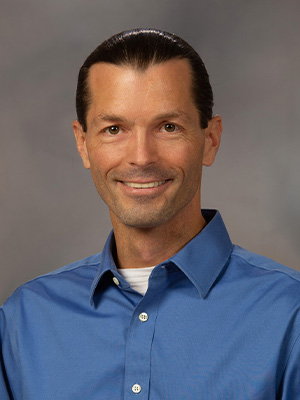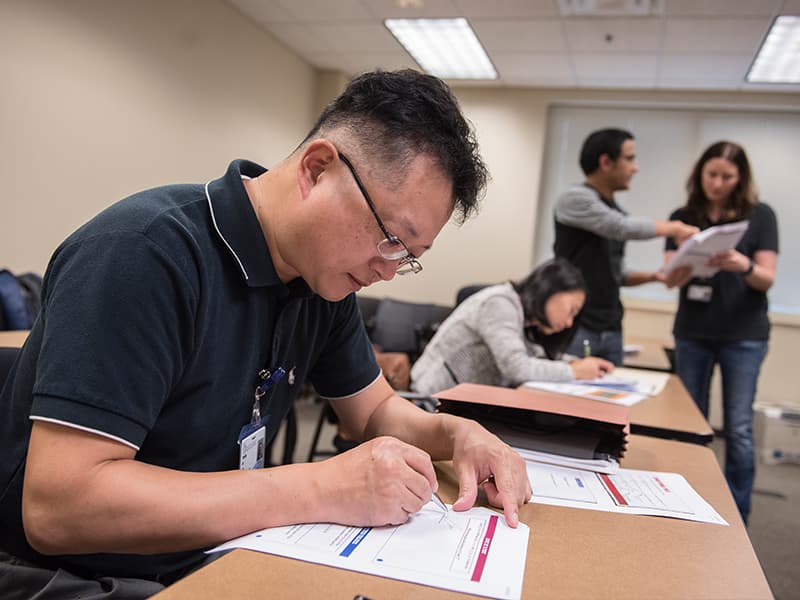Population health: big data, big solutions

The John D. Bower School of Population Health is preparing its students to answer some of the most challenging, complex questions in health and health care.
Meanwhile, the general public has its own question: What is population health, anyway?
“Population health is an interdisciplinary field that seeks to prevent and treat diseases by keeping people healthy,” said University of Mississippi Medical Center’s Dr. Bettina Beech, founding dean of the School and professor of population health science. “It seeks to address the multiple factors that impact the health of individuals and communities.”

Classes started August 14 at UMMC’s newest school, the third of its kind in the United States.
“To do population health, you need multiple skill sets,” Beech said, citing the importance of a team science approach. As a systems science, population health practitioners rely on and combine social, political, economic and natural sciences to address health inequalities.
With this broad lens, population health can see the forest for the trees.
“In a traditional health care model, physicians think about health outcomes in terms of individual patients,” Beech said. Population health considers the aggregate outcome within a community, including those with and without access to care.
The distinction between population health and public health lies in the approach.
“Public health promotes and protects the health of people and the communities in which they live,” Beech said. In the United States, government agencies practice public health by tracking disease outbreaks, promoting vaccination and encouraging healthy behaviors. It is an essential part of society’s efforts to improve health.
However, there’s no vaccine for diabetes. A person can’t prevent heart disease through diet and exercise if they can’t afford healthy food or find a safe place to walk. Health is influenced by more than your genes and behavior. Income, education, living conditions and insurance coverage affect one’s ability to stay healthy or seek care when needed.
Addressing these determinants of health, the external factors that make populations more or less susceptible to sickness, may fall outside the influence of public health programs.
“Population health builds upon and extends this work by addressing the factors that contribute to health and disease within defined groups,” Beech said. It addresses the needs of particular subpopulations and emphasizes the value over volume of care a health system provides.
Population health seeks to eliminate the barriers to good health through multiple spheres of influence, including families, religious groups, community organizations and health centers.
Beech said one example of population health success in the Diabetes Prevention Program clinical trial. When researchers discovered that lifestyle management was more effective than metformin treatment, groups translated this intervention into an approach that non-experts could use in their communities. The most successful implementation has been in YMCA clubs, which have helped thousands of people decrease their risk for type 2 diabetes.
At UMMC, providers and researchers can design and test their own approaches to improving health using multiple resources.
“We now have the tools available to look at real-time panels of patients at a population level, such as an enterprise data warehouse and electronic health records,” Beech said.
These resources allow population health scientists to go beyond geography as a population’s defining factor. Now, they can use age, race, socio-economic status or other similarities.

With this growing sea of information, researchers need new ways to discover, parse, analyze and implement data. That’s why the Department of Data Science is the School of Population Health’s first fully-functional unit. It’s also among the first in the country, said Dr. Michael Griswold.
“Population health is a system we can use to make decisions in order to improve health,” said Griswold, professor of data science. “With data science, we extract information and turn vast amount of data into actionable evidence.”
Part statistics and part computer science, “Most data science programs in the United States are business or computer-science oriented,” said Dr. Jeannette Simino, graduate program director and assistant professor. UMMC’s program is unique because the classes and research experiences put health and medicine at the forefront.
“Our students will gain real-world experience through internships and consulting projects based on health data from local subpopulations. They can utilize high-quality epidemiologic data from the Jackson Heart Study and the Atherosclerosis Risk in Communities study,” she said

.
The five students in the biostatistics and data science Ph.D. program come from a variety of academic backgrounds, including pure statistics, business and engineering.
“Very few schools have programs dedicated to data science,” said student Shamsed Mahmud, who taught computer science and engineering before starting graduate school in the United States. “The job prospects are strong in this field,” he said, including government, business and health care positions.
Depending on if you use simple descriptive statistics or complex data analysis, “data can tell different stories,” said student Xiaoqian Zhu, a former business analyst and quality assurance specialist who looks forward to gaining more skills.
“It’s fascinating to use the tools I learned in statistical theory in a practical way,” said student Md Mohiuddin Adnan, whose interest in human health drew him to UMMC’s program “Data science is a huge resource, especially for public health.”

“The world is awash in data, especially in the area of health care,” said Dr. Robert Hester, interim chair of data science. “My goal is that the department will collaborate with UMMC faculty and staff to use and analyze this data to help improve health care across the state of Mississippi.”
As the School of Population Health expands, the Department of Population Health Science and the Department of Health Care Economics will also offer graduate degree programs. The Department of Preventive Medicine is also preparing to offer a medical residency.
“UMMC is taking a proactive approach and leading the nation in preparing for 21st century health care,” Beech said of the school’s opening. “We are developing a creative, innovative model to address health and health care.”


